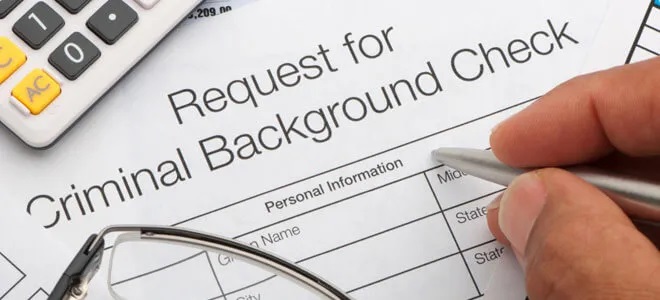Buying leads can be a tricky endeavor, it’s important to know when it is and isn’t appropriate to buy leads from various companies, you’ll also want to consider what type of lead you’re looking for before you start your search.
When is it appropriate to buy leads?
Buying leads is an excellent way to kickstart your business, but there are certain instances where it’s appropriate to buy leads and others where it’s not, you’ll want to carefully consider the following before you go out and start buying leads:
What type of lead should you be looking for?
Before you start your search for any leads, it’s important to figure out what type of lead you’re looking for and if you’ll want a lead that has direct access to decision-makers or influencers in the industry.
Their contact information should also be readily available so you can start a conversation with them as soon as possible.
Where can you find the best leads?
Before you start your search, it’s important to figure out what kind of lead you’re looking for, some leads will be of higher quality than others and this is often a matter of the company that’s selling them, but some leads are better than others no matter who they come from.
You can find buy leads in several different places: customer lists, lead generation companies, marketing agencies, public records, and more, and the best way to find the best leads is to research the company that is selling them.
What are the pros and cons of buying leads?
For one, it saves you time, instead of having to go out and spend your valuable time finding prospects, you can just buy them from a company or individual that has already done the work for you.
You’ll also be able to make more sales because you’ll have access to a reliable group of prospects in the lead pool.
Of course, there are some downsides to buying leads too, one downside is that they may not always be high-quality prospects and this is why it’s important to do your research first and find a reputable company before purchasing leads from them.
It’s also possible that your competitors might be using the same lead sources as you, which makes it hard for one company to really stand out as the best one in the business.
How do you know if the lead is of good quality?
One of the first things you’ll want to look for when buying leads is quality, quality is determined by the source (buyer) and the number of leads.
When buying B2B sales leads, for example, it’s important to note that higher quality leads will come from a company with a high volume of sales.
When you’re looking for quality leads, there are a few different factors to consider:
The source: This tells you how recently the lead was created as well as if they’re from a reputable company
The quantity: The number of leads will tell you how many people have signed up with that particular service provider over time, higher numbers typically indicate better quality.
Lead qualification: The more specific your qualifying criteria are, the more valuable your lead will be to your business and if you’re looking for a B2B prospect who has an annual revenue of $5 million or more, those qualifiers narrow down your search significantly.






